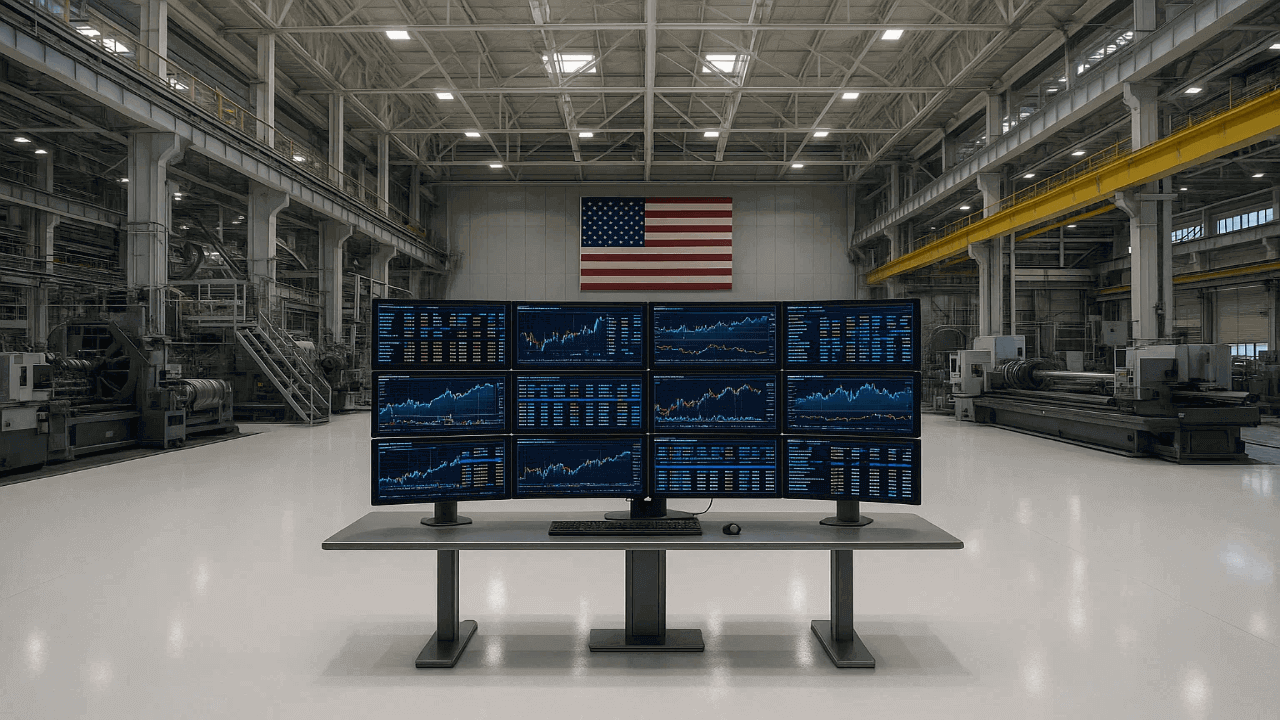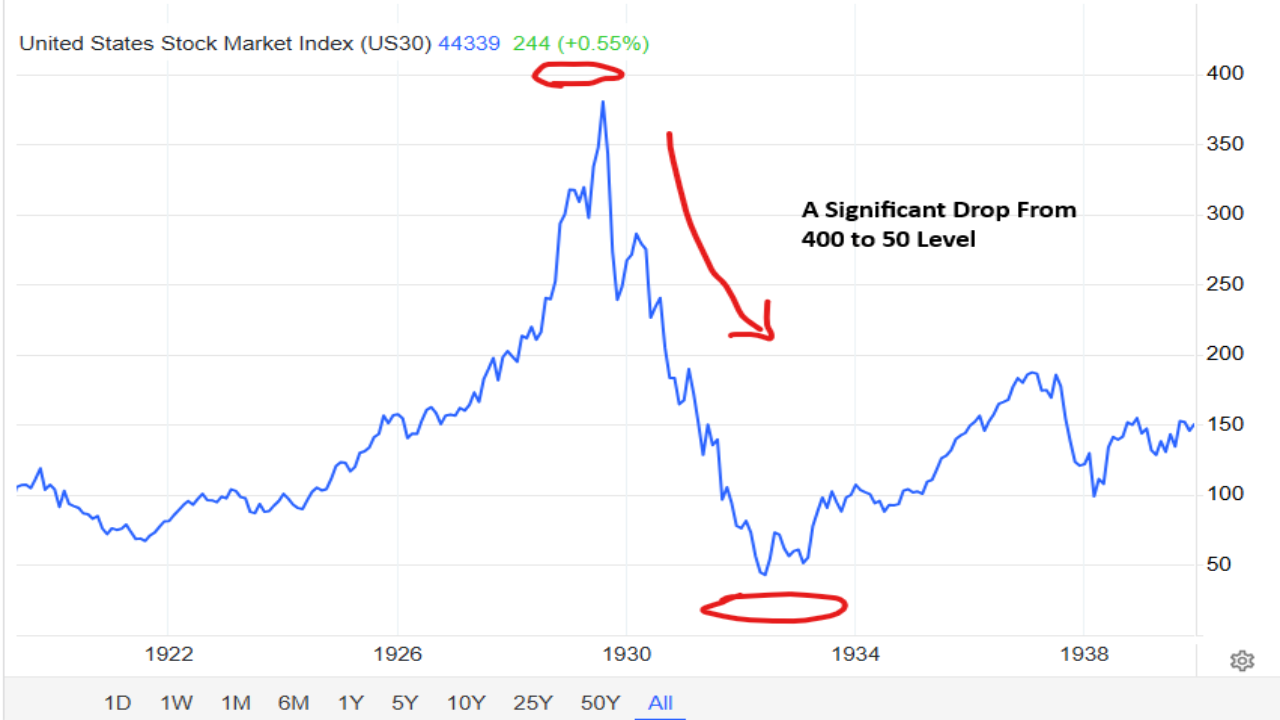Key Takeaways
- Online communities such as Reddit amplified the support toward GameStop's stock surge in 2020 - 2021
- Large swathes of retail investors helped drive the stock up and force Wall Street investors out of their short positions
- Keith Gill drove the start of the meme stock phenomenon in early 2020 through his purchase of GameStop stocks
Introduction
Meme stocks have become quite the craze in recent years, but for many investors, there is one event that certainly stands out from the rest, and that is the Gamestop saga, that become one of the most popular meme stock phenomenon.
However, have you ever wondered what drives these stocks to rise so drastically and how can you prepare yourself for future meme stock crazes? In this article, we will explore the reasons behind and the potential indicators for meme stock surges.

What Happened During 2021's Meme Stock Phenomenon
Those of you who were lucky enough to jump on the bandwagon during the first meme stock craze around GameStop would remember the catalyst was brought on by Keith Gill, aka 'Roaring Kitty' who built a substantial following around the purchase of stocks of indebted company GameStop.
This sparked interest and intrigue across social media, most notably Reddit's 'Wall Street Bets' community, with many following suit. This surge in retail investors buying Gamestop stocks went viral and ignited a buying frenzy, drastically propping up GameStop's stock price.
The Short squeeze
Prior to this buying frenzy, GameStop was one of the most shorted stocks at that time. With large institutions placing billions on shorting this stock. Once the stock price began to rise, these large institutions were forced to leave their short positions, leading to GameStop's stock growing exponentially faster.

How Social Sentiment Drove GameStop's Stock Price
Throughout this phenomenon, the stock had a substantial amount of support from retail investors, but it didn't start from nowhere. We have identified three key reasons that drove social sentiment toward driving up GameStop's stock price.
Keith Gill
The unsuspecting scapegoat who had been researching GameStop stock and realized it was one of the shortest stocks at that time.
Based on his previous connection to the company, Keith Gill felt there was an opportunity to invest, with very minimal fundamental indications pointing toward why this stock would have any potential returns.
Once buying this stock, Keith Gill then went to social media to announce his investment portfolio. At first, he was met with criticism before others began following his direction.
The Social Effect
Platforms such as Reddit and its community 'Wall Street Bets' quickly took hold of Keith's story, as he would post daily updates of his portfolio and purchase of GameStop stocks, citing his reason as "because I like the stock".
This drew the attention of more and more retail investors who started following Keith's direction, and they, in turn, started buying the stock. This started to have an impact on its price and the stock began to increase in price.
Taking on Wall Street
For many years, retail investors had been cast aside and branded as non-serious investors whose money is 'up for grabs' by the large Wall Street traders. This became a common banner that investors behind GameStop all stood behind.
With further support from more retail investors, GameStop's stock price went from around $1.07 in 2020 to a staggering $81.25 in 2021, leading to a substantial short squeeze among Wall Street investors and scaring them out of their short positions.
How Can You Identify The Next Meme Stock Phenomenon?
With all this in mind, you are likely asking how you can identify a future meme stock phenomenon similar to the GameStop one.
In simple terms, these are generally rare occurrences and are rather unpredictable. However, there are key indicators we can look toward to help identify whether a stock will become another meme stock.
Look for social hype: may sound rather simple, and that's because it is. By monitoring popular stock communities and sites, you can get a general grasp on what stocks may show signs of stock growth.
Follow Keith Gill: Many have already mentioned that Kieth has stepped away from social media, but from time to time he does post and this leads to an increase in meme stock prices.
Use AI insights tools: This may seem unorthodox, but these days AI financial insights tools are very good at monitoring the markets and investor sentiments. It can help you become a better investor and capture market opportunities quickly.
Conclusion
As you see, the impact of social sentiment toward a stock can have a drastic impact on its stock price. Depending on what type of investor you are, ensuring you are constantly aware of the sentiment around different stocks is a crucial step when investing.
In today's age, Main Street has easier access to stocks, and in combination with social platforms and communities, stocks can become extremely volatile during times of retail investor sentiment. We always recommend you do your own due diligence before investing in any stocks.
Frequently Asked Questions
How much money did Wall Street lose from GameStop?
One of the biggest losers during the GameStop saga was Melvin Captial, who had reportedly lost around $3 billion.
How much did Keith Gill make off GameStop?
Keith Gill reportedly made roughly $116 million from the GameStop saga.
What was the main reason GameStop stock increased?
This was due to a surge in retail investor support of the stock, sparked by Keith Gill, and drove many institutional investors out of their short positions.











